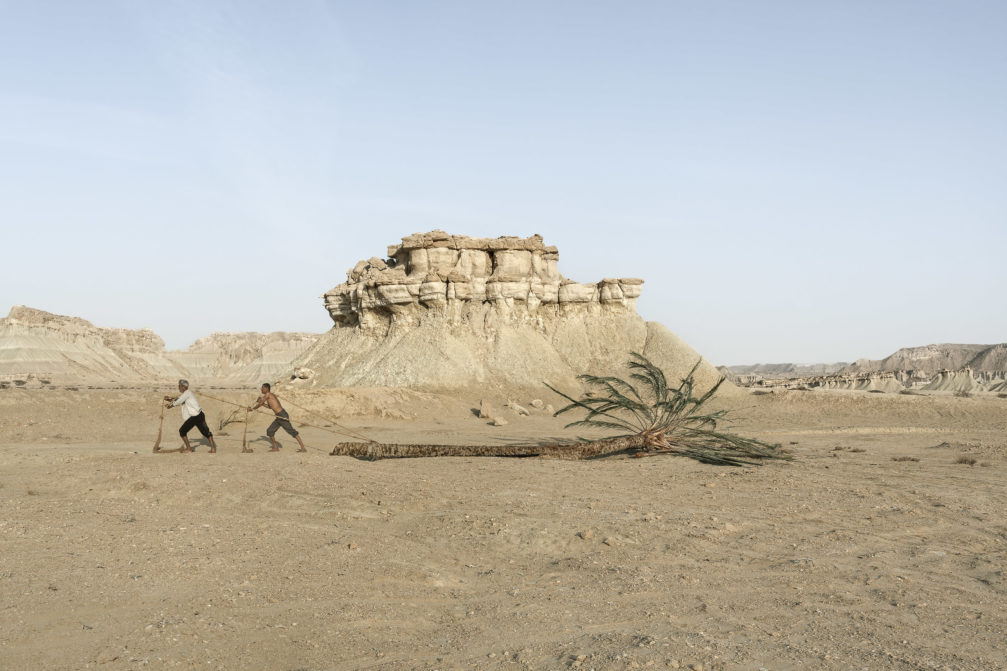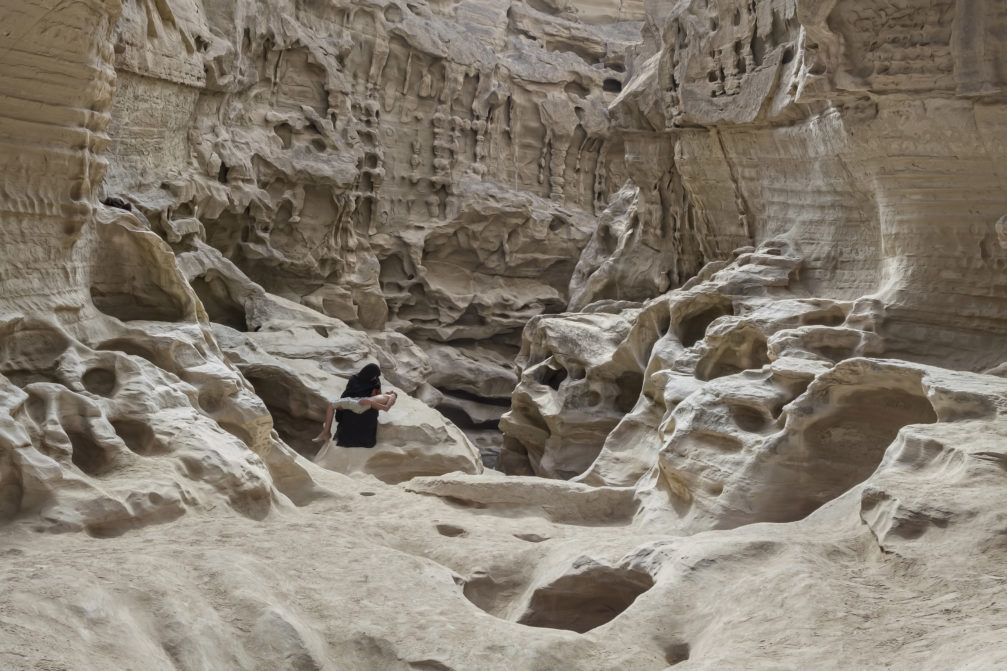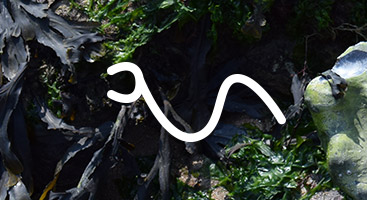Tongue is a beautifully designed online magazine, with poetry, essays and visual art, relaunched in 2017 after a brief flourish in 2011. It’s a collaboration across many locations around the world, ‘dedicated to challenging borders and expanding our notions of form and translation.’ There are some very neat touches: for example, that each issue is four installments, released every few weeks, giving time and space to a few contributors and to their readers and viewers to reflect, which tends to amplify the effect of the whole issue. Or that an editorial in each installment follows the work, expanding into a personal response that makes for a richer timbre by virtue of our having read and seen what precedes. Above all, the work chosen is sensuous, intelligent, approachable and provoking.
In the current issue (5), I adored Kathryn Nuernberger’s ‘A Great Place to Raise Children’, which toys with its readers, batting them back and forth, across the longstanding splenetic trope of ‘the original was better’ (I’m sure there’s a more graceful literary-critical way of describing that, but hey).
I hardly feel anything these days beyond the boredom
that makes it seem only a promotion with a raise could
give a thrill now. I mean there is no such thing as sky
or I mean I don’t know how to turn myself back on.
[Spoiler alert!] I love its attempted turn to the innocence of pleasure only to collapse into irritation with a four-year-old in a way that deeply inculpates the narrator; its deployment of repetition to leap between registers (moving from being in a ‘J.M.W Turner / and the tornadic sky phase’ to the kid’s ‘Band-Aid phase’ is pure joy), the shudderingly daring jump in its middle from dealing with a spoilt brat to orgasms; its weaving throughout of a fiery artistic manifesto, on the edge of self-destructiveness. In the course of a poem, Nuernberger achieves what her narrator ascribes to Turner, to ‘make you feel a chaos the chest of your eye can’t contain’.
A selection from ‘Stateless’ by Gohar Dashti is a series of increasingly staged photographic scenes in a desert. I can’t really interpret it, but the images stay with me. In an arid place stand lush fantastical formations of limestone pillars and wadis, peopled by tiny figures whose displacement brings a jarring sense of sterility, perhaps the statelessness of the title. There's always a forlorn quality: a camel lies seemingly dead in the foreground, while far above it on the escarpment men stand and look down. In another, a tiny, barely visible figure is curled almost into a fetal position, like another rock in the landscape.
Kenji C. Liu’s ‘Portrait of grandfather as cowboy’ dances around the whole notion of translation in both content and form, as the grandfather of the poem adopts poses that weirdly translate his image of America, whilst giving weirdly appropriate commentary on America(na):
America’s
ghost
in your
exposed
hydraulics
Meanwhile, Japanese characters sit in an adjoining ‘translation’ column, or in one version float around parts of the text, clearly incomplete as a translation, suggesting the haunting possibility of deviation, and even amusingly inverting the translation when some Japanese enters the ‘original’, as the grandfather intones the icons ‘Charles/Elvis/Clinton/Marilyn’.
Kenji C. Liu, 'Portrait of Grandfather as cowboy', excerpt from Tongue magazine
There’s so much else to love. Ama Codjoe’s ‘Watercolor’ invokes the synaesthesic boundary-crossing power of singer Etta James’ voice, even as she lets the microphone drop to one side:
her faraway scream paints
green hills curved with blue ribs, a still
life with dark plums, halved figs, a paring
knife, and bunches of purple grapes,
a portrait of not this loss but the first.
‘Birds’, by Claire Schwartz, has many great lines, including this, interrogating the mirror of history and how its veneer is a projection of the powerful:
If history were as brackish
as what thrashes in us, how could we possibly worship our reflections?
As well as a more experimentalist ancestry in British online magazines like Blackbox Manifold and Datableed, Tentacular wants to be a bit like Tongue if and when it grows up.
Jonathan Catherall







